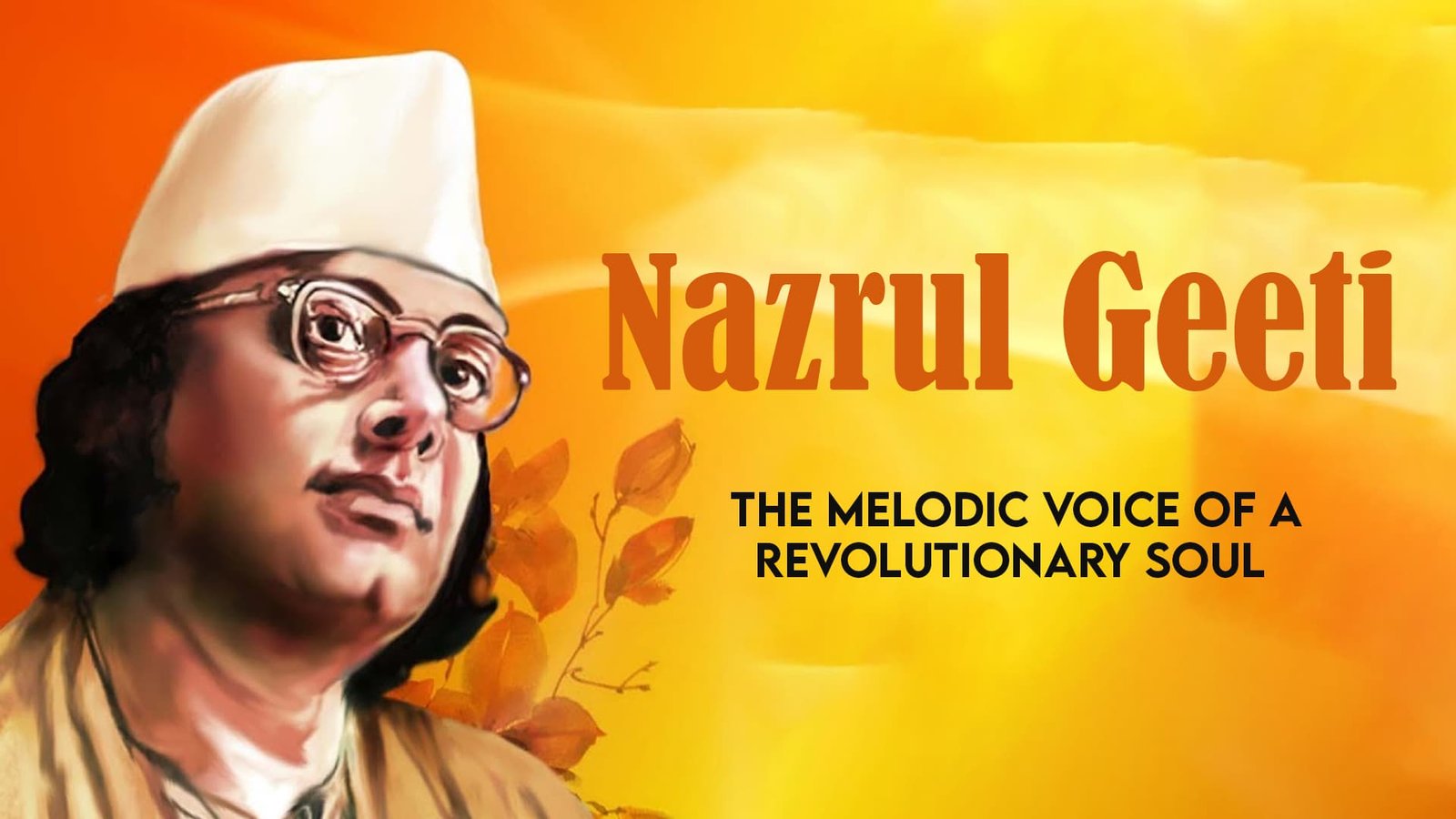The life of a recitor is one filled with dedication, passion, and spiritual connection. Whether reciting religious texts, poetry, or cultural works, a recitor’s role is one of deep reverence for words and a profound sense of responsibility in sharing those words with others. It is an art form that transcends the mere act of speaking; it’s about embodying meaning and fostering connection.
What Does It Mean to Be a Recitor?
A recitor is someone who recites sacred, spiritual, or literary texts with precision, clarity, and expression. In many cultures, reciting texts is a way to preserve traditions, share wisdom, and pass down important teachings from generation to generation. From the rhythmic recitation of holy scriptures like the Quran or the Bible, to the melodic rendering of classical poetry, a recitor’s craft is not only about memorization but also about bringing the text to life through tone, emotion, and understanding.
The Spiritual Dimension: A Deep Connection to Sacred Texts
For many recitors, their role goes beyond the artistic; it’s deeply spiritual. Reciting religious texts, such as the Quran in Islam or the Bhagavad Gita in Hinduism, involves a sense of reverence and connection to the divine. The recitor becomes a vessel for the words, and through their voice, the meaning of the text is transmitted to the listener. This sacred act fosters a sense of peace and reflection, and it’s an act of devotion that can lead to personal spiritual growth. In Islam, for example, the art of Tajweed—the correct pronunciation and rhythm of the Quranic verses—is an essential part of a recitor’s life. Mastering this art requires years of training, discipline, and an unwavering commitment to preserving the purity and beauty of the Quranic verses. The Artistic Element: Mastery of Voice and Rhythm Recitation is not just about words; it’s about rhythm, cadence, and delivery. The art of a recitor includes mastery over their voice—how to modulate tone, pace, and volume to convey the emotion embedded in the text. Whether reciting a poem or a religious prayer, a skilled recitor can evoke powerful emotions in their listeners, stirring feelings of joy, sorrow, contemplation, or peace. The recitor’s training involves more than memorization; it involves learning how to interpret the text with a sense of personal understanding. Great recitors spend years studying the nuances of voice control, phrasing, and inflection, learning how to bring text to life in a way that resonates with audiences on a deep, emotional level.
A Lifelong Commitment to Practice and Mastery:
Becoming a recitor is not an overnight journey; it requires years of dedicated practice and study. Whether learning the verses of the Quran, traditional hymns, or epic poetry, a recitor must hone their skills constantly. Many recitors begin their training at a young age, often under the mentorship of more experienced masters who guide them in their technique and interpretation. This lifelong journey of mastery is not just about perfection but also about continuously deepening one’s relationship with the text. A recitor’s life is one of devotion, humility, and service, as they seek to convey the beauty and wisdom of the words they recite to the world.
The Role of a Recitor in Society:
In many cultures, recitors play a crucial role in preserving and passing down oral traditions. They are the custodians of history, culture, and faith, using their voices to ensure that important texts are not forgotten. Whether reciting at religious ceremonies, community gatherings, or cultural events, recitors serve as bridges between the past and the present, helping to ensure that the messages of ancient texts continue to resonate with modern audiences. In addition to their spiritual and artistic roles, recitors often serve as teachers, passing on their knowledge and skill to the next generation of aspiring recitors. This teaching role helps to preserve the tradition of recitation and ensures that future generations will continue to appreciate the power of words.
The Joy and Fulfillment of Being a Recitor :
Despite the challenges and the years of hard work, the life of a recitor is one of great joy and fulfillment. There is a profound sense of purpose that comes from sharing the beauty of words with others. Whether it’s the deep satisfaction of delivering a perfect recitation, the peace that comes from being immersed in sacred texts, or the joy of connecting with an audience, the life of a recitor is one filled with meaning. Ultimately, the life of a recitor is one of service—service to the text, service to the community, and service to a higher purpose. It is a life devoted to the power of language, the beauty of sound, and the wisdom of tradition.






